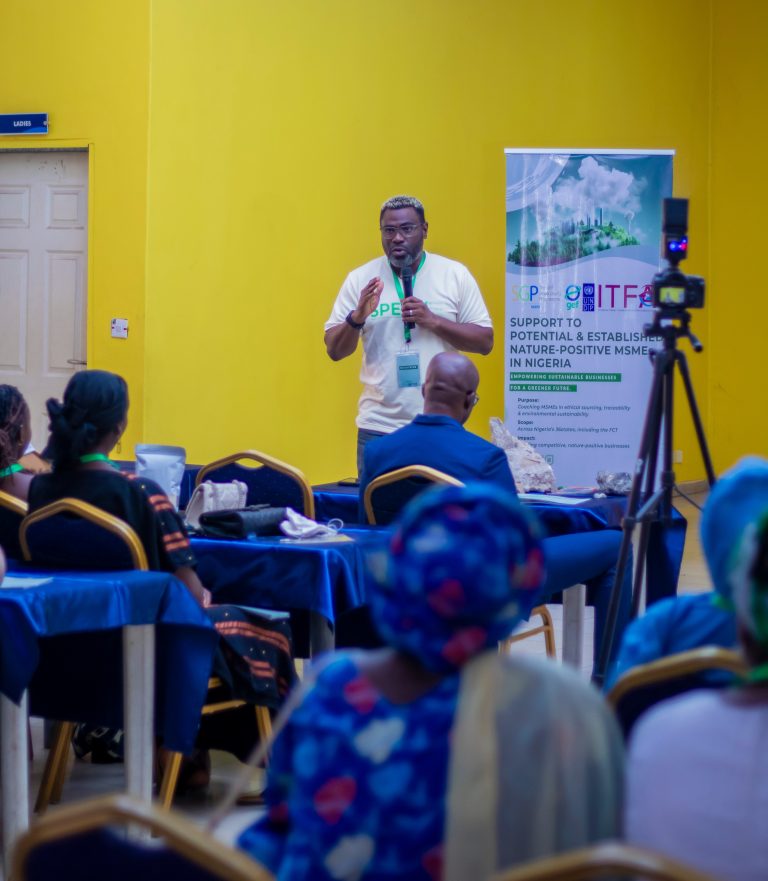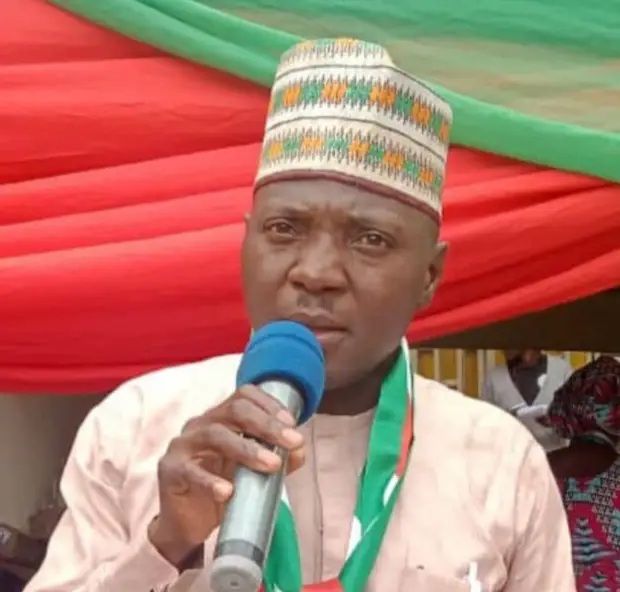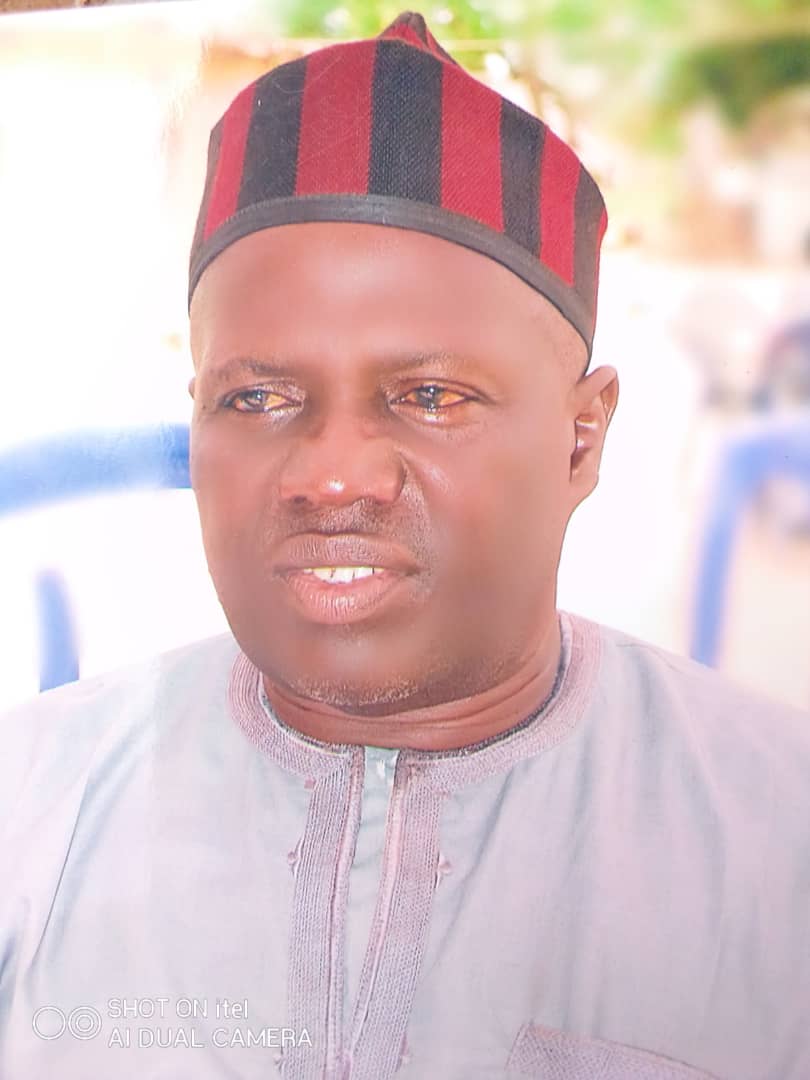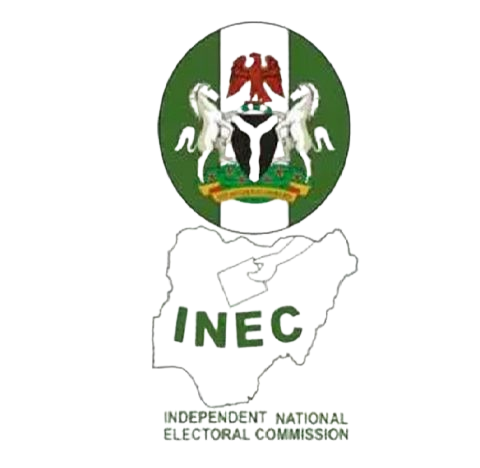The International Trade Facilitators Association (ITFA) in partnership with the United Nations Development Programme (UNDP) has flagged off the training of not less than 470 Micro, Small, and Medium Enterprises (MSMEs) for sustainable growth and global market access.
The training which is part of the”Support to Potential and Existing Nature Positive MSMEs” (SPENM) project, funded by the Global Environment Facility Small Grants Programme (GEF-SGP) and implemented by the United Nations Development Programme (UNDP) was launched in Lafia, Nasarawa State on Wednesday.
Speaking at the inaugural session of the programme, Director, Export Trade Development under ITFA, Abdullahi Sidi-Aliyu said will be carried out across the six geo- political zones of the country.
Sidi- Aliyu said the aim of the training was to equip MSMEs with the knowledge and tools to create robust, sustainable business models that are economically viable and environmentally friendly.
He emphasised that the programme is designed to help MSMEs transform, grow, or pivot their businesses into thriving, self-sustaining social enterprises.
“Through the programme, participants will gain practical strategies to master fair trade principles and certification, apply fair trade for competitive advantage, and gain visibility on the ITFA directory. They will also receive ongoing coaching support to help them navigate challenges and build their sustainable enterprises,” he said.
Sidi- Aliyu encouraged participants to engage fully, ask questions, share their experiences, and build valuable networks with their fellow participants.
“We are confident that by the end of this program, you will be empowered to not only enhance your current nature-positive MSMEs but also to truly embed the principles of social enterprise, securing your long-term sustainability and amplifying your positive impact on Nigeria,” he said.
Also speaking, Dr Abel Owotemu, Technical Adviser, ITFA said the programme will provide training for 470 MSMEs across the six geo- political zones of the country with capacity development, and technical support in key value chains such as sesame seeds, cocoa, groundnuts, and mining, among others.
“We are providing training, capacity development, and access to market both on local and global levels, and supporting them technically on how to make their businesses sustainable, certified, and benchmarked against global standards.
“We are going to set up access to market through an electronic platform that allows them to be verified and uploaded in that way, there is global access to market outside Nigeria,” Dr Owotemu stated.
In a presentation, one of the facilitators at the training, Mr Israel Olayiwola who spoke on the topic ” Fairtrade : A Business Tool for Sustainability Access” said fair-trade empowers producers to promote gender equality and improve workers well-being.
He said the benefits of fair-trade includes access to markets, improved livelihoods and community development, calling on producers to practice environmental protection and sustainable agricultural practices for growth and development.
In an interview with The Voice, some of the participants, Hajiya Halima Adole-Yusuf , representative of the Federation of Muslim Women Association of Nigeria ( FOMWAN), Nasarawa State chapter and Mrs Mary Samuel- Meshi, President National Council for Women Society ( NCWS), both commended the organisers of the programme and promised to make use of the opportunity to grow their businesses.







